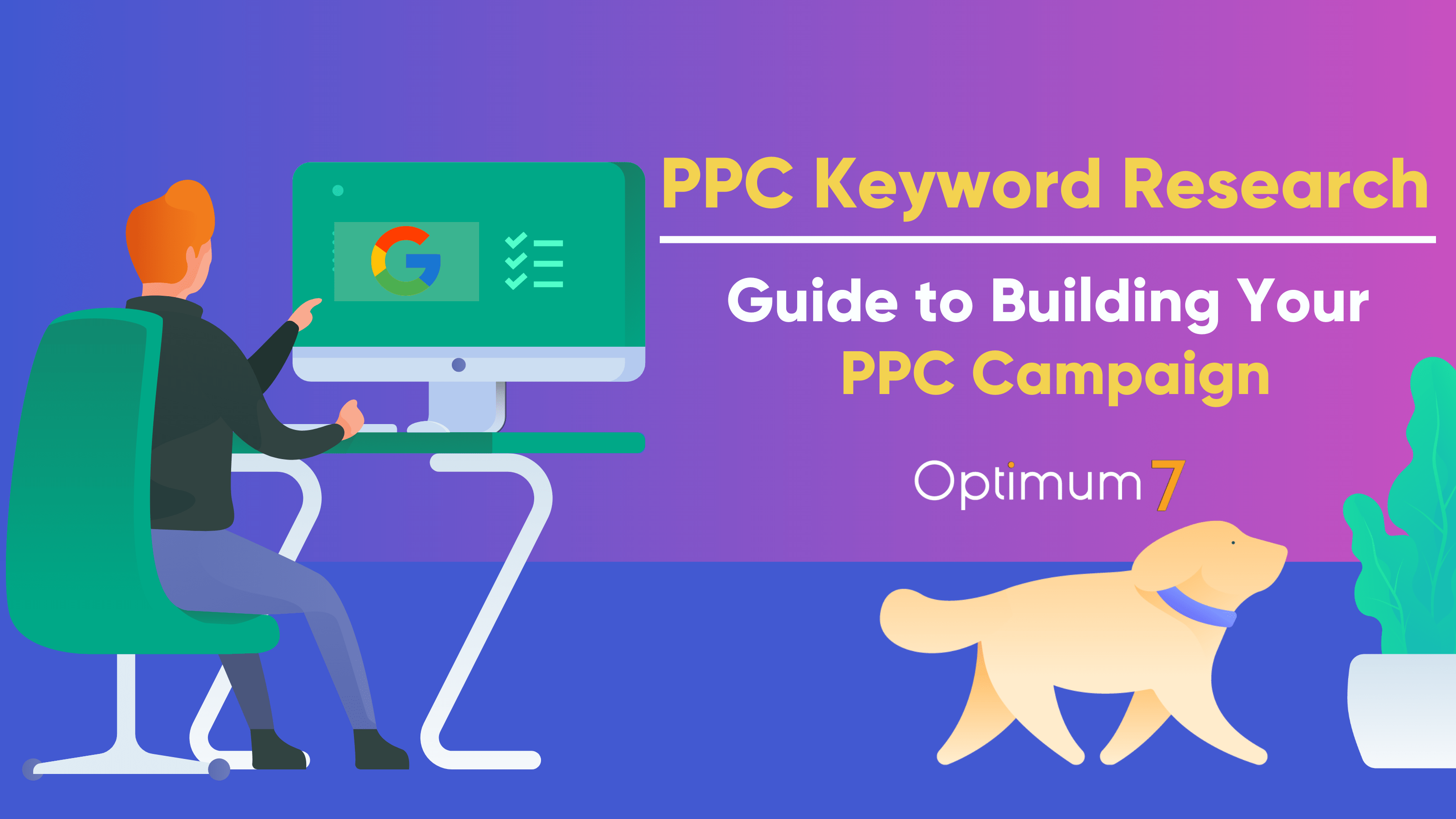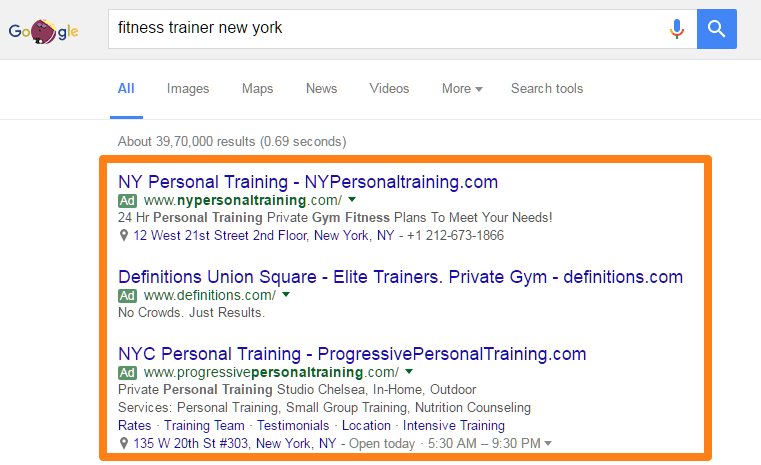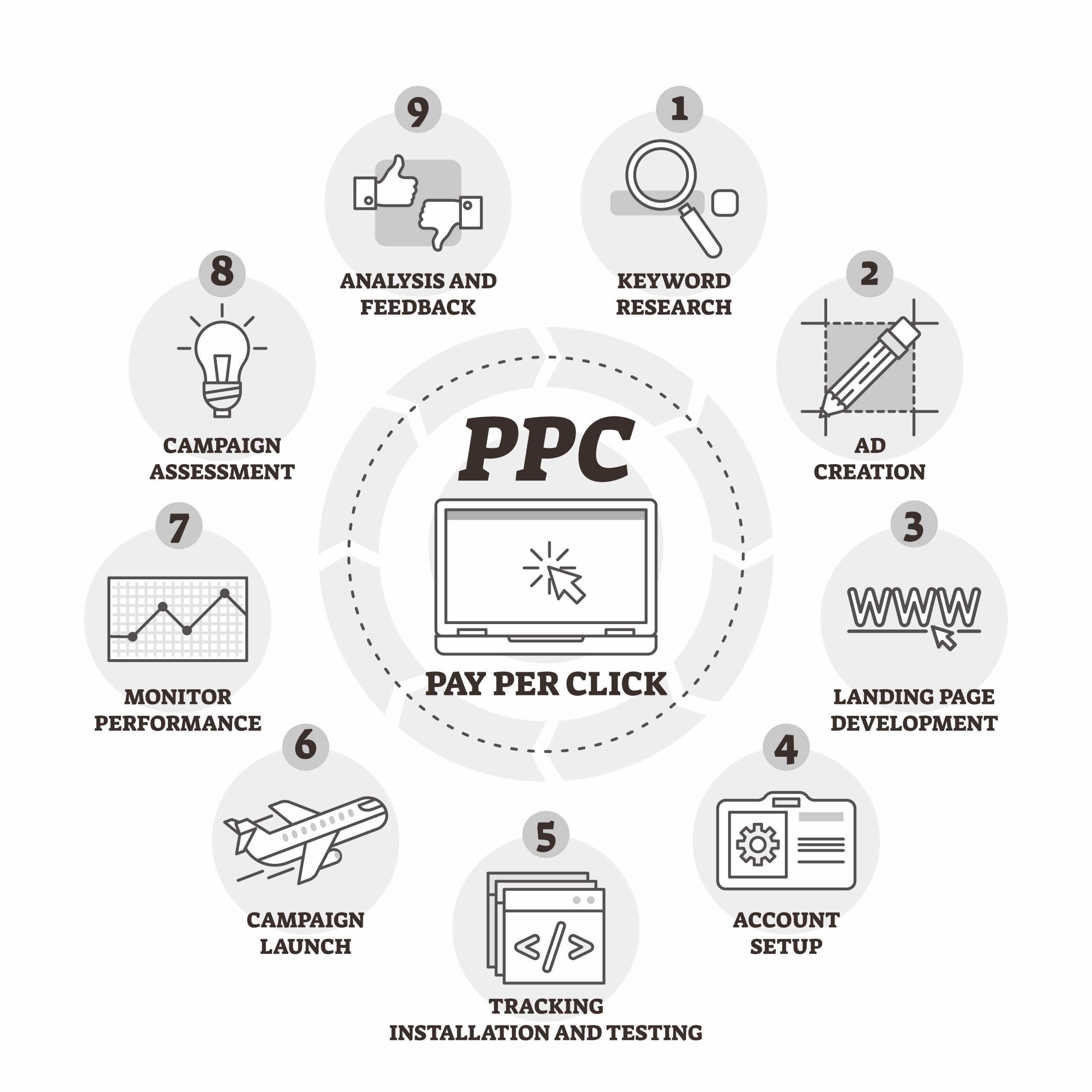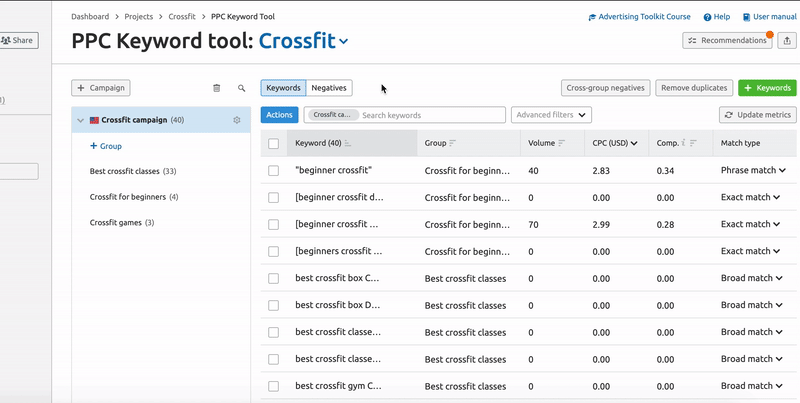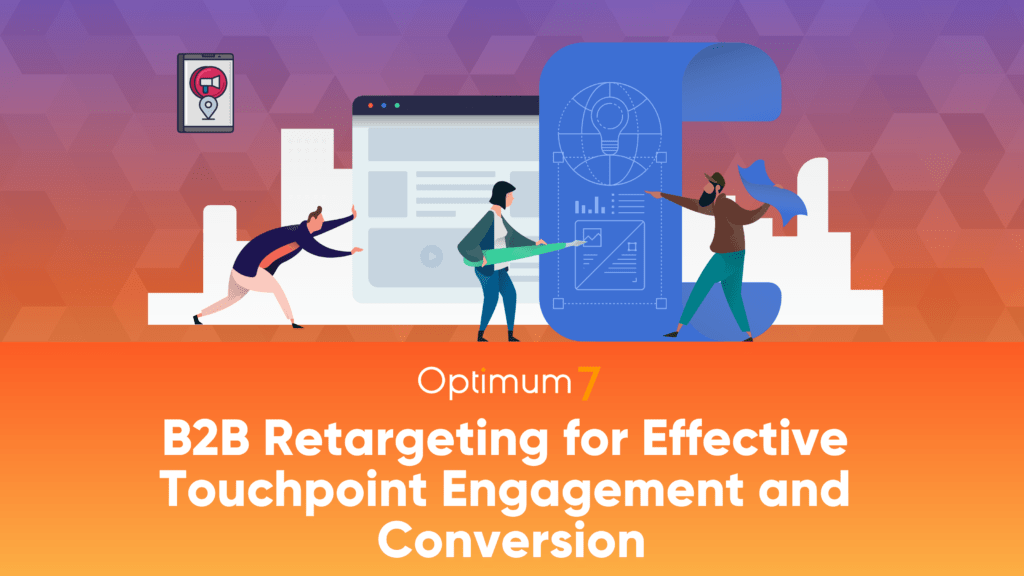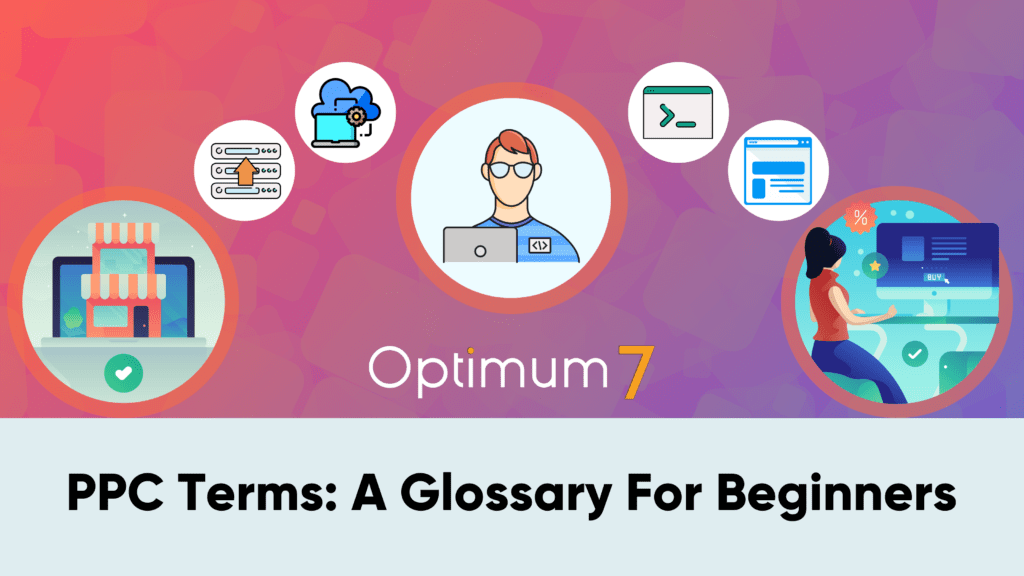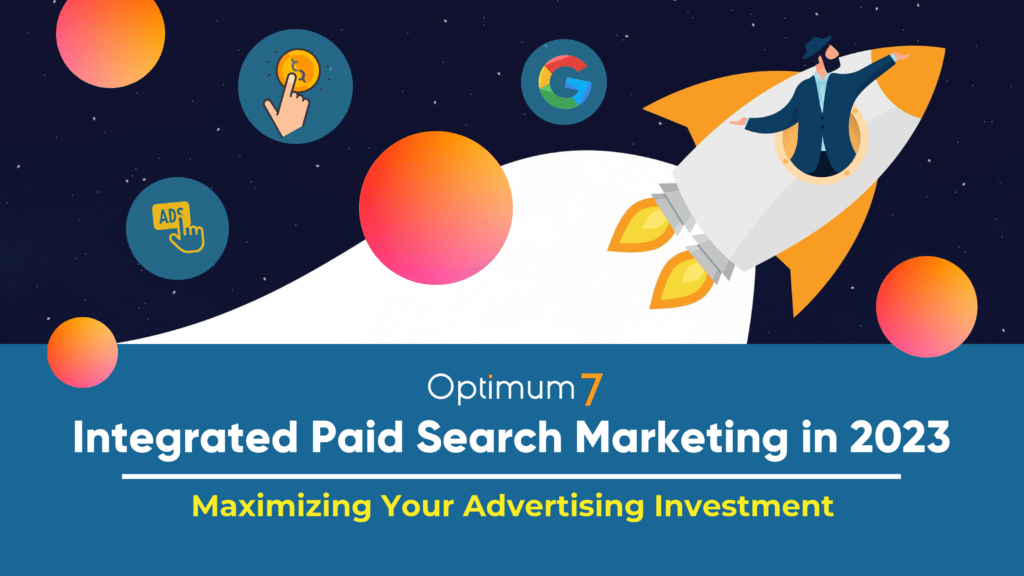PPC, or pay-per-click, advertising can be a great way to quickly generate leads and drive sales. However, PPC campaigns can be costly and time-consuming, so it’s important to make sure that you’re getting the most bang for your buck.
Keyword research is the backbone of any successful PPC campaign.
By carefully selecting the best keywords to bid on, you can ensure that your ads are being seen by potential customers who are actually interested in what you have to offer. Keyword research is a really crucial step in creating an ad, so it’s important to use all the capable tools to understand your customers and get an idea of which terms they’re searching for.
By doing this, you can make sure that your ads show up at the right time and in the right place — when people are searching for the kinds of products or services you offer. With careful planning and execution, a PPC campaign can be a great way to generate leads and boost sales.
This guide will help you find the best keywords and to organize them so that your pay-per-click campaigns are more targeted, successful, and efficient.
What is Pay-Per-Click Advertising?
PPC advertising is a way of buying visits to your site, rather than attempting to earn those visits organically. With PPC advertising, you can place your ad in the sponsored links section of a search engine results page (SERP).
That way, when someone searches for a keyword that is related to your business, your ad will appear.
For example, if you bid on the keyword “PPC software,” your ad might show up in the top spot on the Google results page. PPC advertising is a way to get more traffic to your site without having to rely solely on organic methods.
What are PPC Keywords?
Keywords are the most important aspect of an online advertising campaign. These are words or phrases that people use when they search for something on Google, and they can help you rank higher in searches related to your pages.
On top of that, there’s more than one type available, so it is best to not just focus all efforts on 1 keyword, but rather utilize different ones targeted towards specific interests as well.
In order to get started with paying per click (PPC) marketing though, you have to know what are these keyword types:
- Generic Keywords: Generic and Basic keywords, nothing special.
- Branded Keywords: Keywords that belong to a brand or company
- Transactional Keywords: Keywords that users search with buy intent. Users search for these keywords when they want to buy something.
- Informational Keywords: Keywords that users search they want information or to learn something.
- Locational Keywords: Keywords that represent a place or location. (duh!)
- Competitor Terms: Names of competitors that are offering the same service.
Why is Keyword Research So Important for PPC Campaigns?
If you want to build an ad campaign on a platform like Google Ads, you’ll need to choose keywords and phrases related to your subject. The platform will then try to show the ad to people who search for or visit a website with that keyword.
When you choose keywords that fit your ad, audience, and landing page, you’ll have a better shot at achieving these two goals:
- Message match: Your ads will be shown to the people that search for the keyword you are targeting, increasing the possibility of conversion.
- Audience match: The platform will show your ad to the audience that relates to your targeted keyword. A bigger audience means more clicks and impressions but less possibility of conversion since you will be targeting a wider, less concentrated audience.
So a trough keyword research means finding the most efficient keyword that will help your ad to get as many clicks and conversions as possible with a modest budget.
PPC Keyword Research: Every Step You Must Take
When doing keyword research for your PPC campaigns, there are a few things you have to do to make sure you bid on the right keywords.
Setting Goals and Brainstorming
The goal of any marketing campaign is to reach your audience and get them interested in what you have, but how do we know if our goals have been achieved? You set goals at the beginning of a campaign and do your keyword research accordingly.
By doing these two things, you are making sure that the campaign is more efficient and has a higher chance of reaching your goal. In general, in order to be successful in internet marketing, you need to set clear goals for your campaign.
What are you hoping to achieve? How much are you willing to spend? What is your target return on investment (ROI)? Once you have answers to these questions and have your campaign goals set up, you can begin to develop a strategy for your PPC campaign.
Use the Latest and Most Capable Tools
Keyword research can be a tricky and time-consuming process without any help from tools. But luckily there are free keyword tools that will give you hundreds of ideas based on just one seed word, like Keywordtool.io and Ubersuggest.
With a free concatenation tool, you can find all the possible keyword variations based on adjectives and nouns. This is great for industries with lots of geo-modifiers or descriptive words in their search phrases.
One of the best ways to get an idea of what keywords your competition is ranking for organically, and how they’re targeting their ads, is by using premium tools. These provide you with search engine visibility into other sites’ traffic data so that can see which words/phrases bring in the most clicks at any given moment.
Expand and Refine Your List with Keyword Research Tools
Now you have some keywords on your list, but you shouldn’t stop here. You must continuously upgrade and refine your keyword lists. To do that you will need tools good tools that are capable of scouting the potential of these keywords and making your job easier.
As trends shift, you have to find out which keywords you have to keep or drop as well.
Use the Google Ads Keyword Planner tool that allows you to see how much competition there is for certain keywords, and adjust your keyword list accordingly. A high competition rating means that more advertisers are bidding on these terms, which means you’ll have to pay more to get your ad to the top positions.
Can’t afford to spend a fortune on keywords? High-search-volume, low competition terms are what you should be looking for.
These will drive substantial traffic without costing you a small fortune. Some free online tools, like Ubersuggest, can also give suggestions of additional words that would work well for you.
Don’t Forget to Add Negative Keywords
When you’re creating your keyword list for a new ad campaign, it’s important to remember to include negative keywords. These are the terms that you don’t want your ads to show up for, and they can help control costs and keep your ad targeting as relevant as possible.
For example, if you’re selling winter coats, you may want to add “summer” as a negative keyword, so that your ads don’t show up when people are searching for summer clothes. Including negative keywords in your campaign can help ensure that your ads are seen by the people who are most likely to be interested in what you’re selling.
There are some good practices to do while finding good negative keywords. These are:
Keep an eye on the search query report in your Google Ads account.
This report can give you valuable insights into what people are searching for when your ad is shown. If you see words in the report that you know are not relevant to your business or website, you can add them as negative keywords.
This will help to prevent your ad from being shown for those searches in the future. Adding negative keywords is a key part of managing a successful Google Ads campaign, so be sure to check your search query report regularly and add any necessary negative keywords.
When it comes to negative keywords, it’s important to know your match types.
The match type that you assign to a negative keyword has a significant impact on the traffic it blocks. As a general rule of thumb, broad match negatives should be used to disqualify any query that contains your negative term, such as “free.”
By using the phrase and exact match negatives, you can disqualify more specific queries that contain long-tail negative keywords. If you understand the different match types and how they work, you can more effectively use negative keywords to block unwanted traffic and improve your campaign results.
Negative keywords are an important part of any PPC campaign, but they can also be damaging if used improperly.
When setting negative keywords, be sure that the terms you use are unlikely to be used by searchers who would convert on your site. Otherwise, you could end up hurting your account and reducing your impression volume. By carefully choosing negative keywords, you can ensure that your PPC campaign is effective and efficient.
Align Keywords with Content
To get the most out of your PPC campaigns, align your PPC Keywords with content that makes sense for the user that will land on your page.
Strong keyword and content alignment will help improve your quality score, cost per conversion, CTR, and other PPC metrics.
So when thinking about how to choose PPC keywords, keep in mind that it’s important to select keywords that are relevant to your business and that have a strong connection to the content on your website.
Target Using Your Data
Until now, you’ve probably found some keywords and know quite a bit about them. But understanding how to target them at the best searches is an important step in optimizing your campaigns.
Google Ads has three keyword match options, each with its own set of advantages and disadvantages:
- Broad match: Targets exact match or close related searches.
- Phrase match: Matching phrases in the order you specify is what makes phrase match better than broad.
- Exact match: Nothing complicated. It’s exactly as it sounds: it targets only the exact matches.
If you’re doing keyword research for your business, it’s important to keep in mind the different stages of the conversion funnel. Generally speaking, you want to target more specific keywords as your customers move down the funnel.
At the top of the funnel, customers are usually just starting their research and are looking for general information. As they move down the funnel, they become more aware of their needs and start looking for specific solutions.
By targeting more specific keywords, you can better match their searches and improve your chances of converting leads. Ultimately, this will help you close more sales.
Get The Best ROI From Your PPC Campaigns With Proper Keyword Research
Pulling off a good PPC Campaign without spending a fortune is more important than anything else. To get a high ROI from your PPC campaigns, you must conduct comprehensive keyword research and create a winning keyword list that won’t hurt your budget.
And you must keep in mind that you just might not be able to pull it off on your first PPC campaign since PPC advertising is a whole profession on its own. So, keep learning more about PPC advertising and do your due diligence before bidding on super-competitive keywords and leaving a hole in your pocket.
PPC keyword management and research is an essential component of any digital marketing strategy. While it is possible to do this in-house, it is usually more efficient and effective to outsource to a PPC agency. PPC agencies have the experience and expertise to maximize your ad spend and generate more leads, resulting in higher conversion rates.



